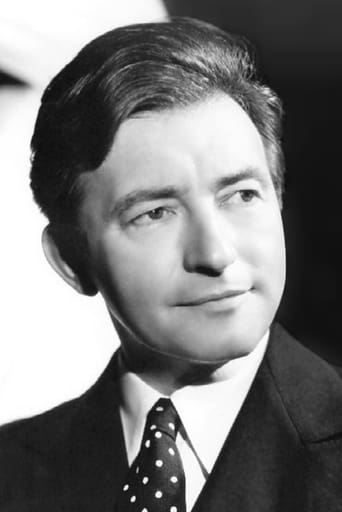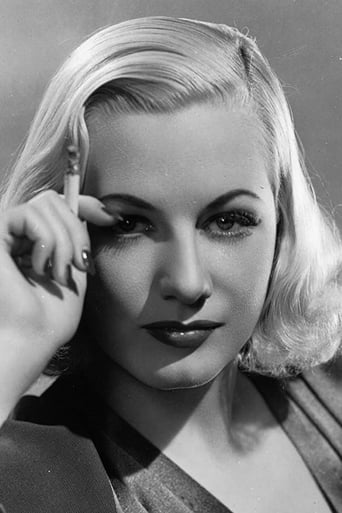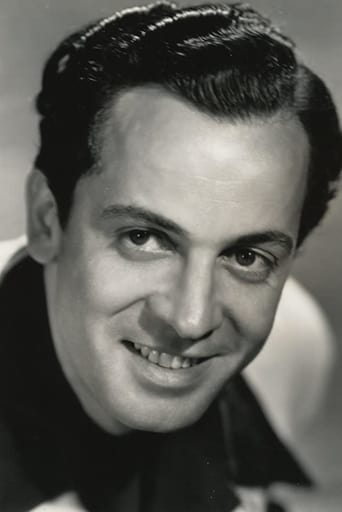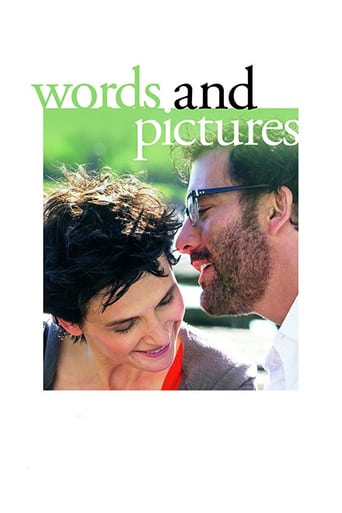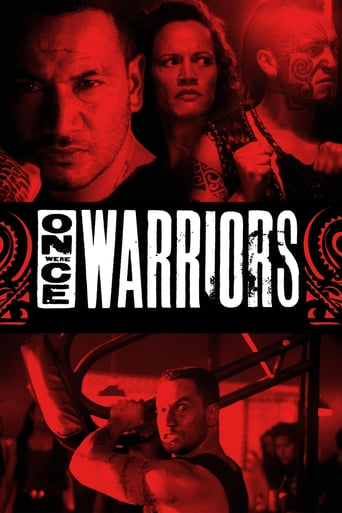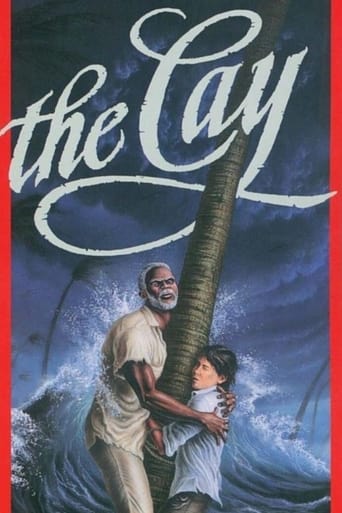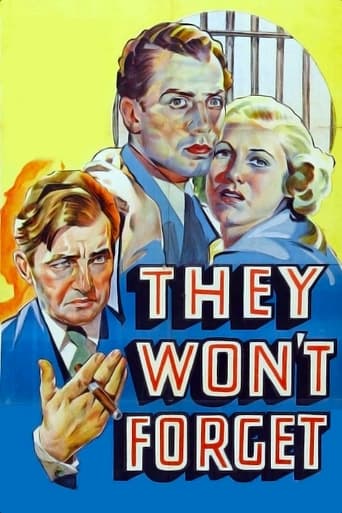
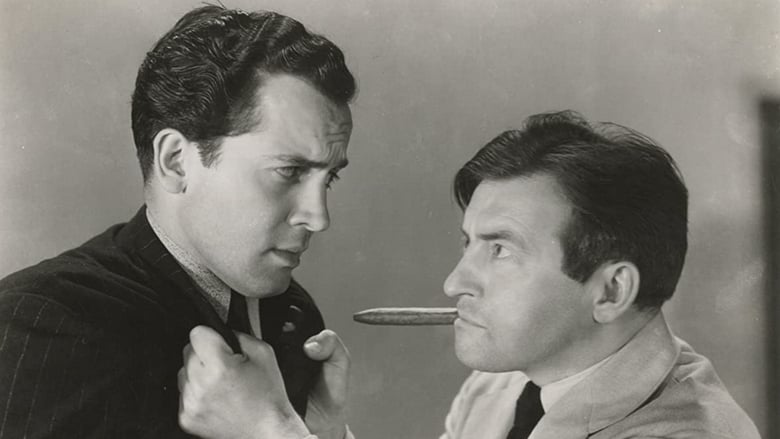
They Won't Forget (1937)
A southern town is rocked by scandal when teenager Mary Clay is murdered on Confederate Decoration Day. Andrew Griffin, a small-time lawyer with political ambitions, sees the crime as his ticket to the Senate if he can find the right victim to finger for the crime. He sets out to convict Robert Hale, a transplanted northerner who was Mary's teacher at the business school where she was killed. Despite the fact that all the evidence against Hale is circumstantial, Griffin works with a ruthless reporter to create a media frenzy of prejudice and hate against the teacher.
Watch Trailer
Cast
Similar titles
Reviews
You won't be disappointed!
So much average
Through painfully honest and emotional moments, the movie becomes irresistibly relatable
All of these films share one commonality, that being a kind of emotional center that humanizes a cast of monsters.
This is a bit of an unusual film. First, it's loosely based on the trial and lynching of Leo Frank after the murder of Mary Phagan back in 1913. The film is really about prejudice. First prejudice against Blacks when the custodian of the school where the Mary Phagan character was murdered (and raped?). Second against Jews when the teacher is, instead, accused, tried, and lynched.The cast is interesting. Claude Rains plays the district attorney, and I am not impressed with his performance here. Ir's so unlike how we usually see Rains that it just doesn't work; and I say that as a person who usually like Rains very much.Edward Norris plays the professor ultimately accused of the crime. He seems pretty good for the part. Norris didn't have a very prolific career, but his performance here works quite well. They do a nice job here with the character who appears to be innocent, but who says things and acts in little ways that would lead some people to think he is guilty.Otto Kruger as Michael Gleason Allyn Joslyn, a character actor who usually did nicely in comedy, is here as a reporter, but I wasn't very impressed.Gloria Dickson, who in real life died in a fire after a short career in films, does reasonably nicely as the charged husband's wife.The murdered girl is played by none other than Lana Turner. Of course, she doesn't last long, but it was a decent start to her career.One of my favorite character actors -- Otto Kruger -- aptly plays the defense attorney.Elisha Cook has a small role, and one that is rather different than his typical one. A nice contrast, though not overly important to the film.Clinton Rosemond is excellent as the "Negro" janitor, although the part he plays is very stereotypical in the way that it portrays Blacks of the era. Nevertheless, it is an honorable acting performance.Elisabeth Risdon plays the convicted murderer's mother; a very dependable and recognizable character actress.Aside from the murder case itself, an important aspect of the film was that it took place in the South, thus implying that Southerners were bigots (no comment as to whether that's an appropriate observation; you decide). Of course you have the 2 racial aspects (a Black man and then a Jew -- although the Jewish angle is not tackled here), and then because the Jewish character (in the real life case) is an educated man from the North. This substitution of a White man from the North instead of a Jew is emphasized at the beginning of the film with the Confederate soldiers who would appear to play and important role in the film...but then do not at all. The wonderful Harry Davenport plays one of the old soldiers, though it is a terribly small part. The other aspect of this film that is done quite nicely is the small town environment where rumors spread like wildfire, which eventually lead to a lynching.An interesting footnote -- at the beginning of the film there is a rather dramatically highlighted statement assuring viewers that the characters in the film do not represent any person, living or deceased. While in reality, of course they do.Keeping in mind that this film was made in 1937, there's not a lot wrong with this picture. A little old-fashioned, to be sure. You'll laugh at how fast the train is moving in one scene, but that's minor stuff. And, some of the Southern accents here are rather questionable (in fact, that's probably the biggest problem with Claude Rains' performance). But don't let that stop you from watching this film.In my internal rating system, a good film gets a "7". It takes a "Gone With The Wind" or "Ben Hur" film to get a "10", and something just a tad lighter to get a "9". So an "8", which I am giving this film, is more than just a "good" film, but a VERY good film. Recommended.
From the murder of Stanford White to the O.J. Simpson case there are about 25 or so cases that have been labeled the 'trial of the century'. Another one of those was the Leo Frank case where a Jewish man and a northerner was tried and found guilty of the murder of Mary Phagan in Georgia. From that case the novel and the film They Won't Forget was constructed with the names and the religion of the defendant changed to protect God knows what.Even with the name changed to a white bread WASP name of Hale, Warner Brothers was taking a chance on losing the southern market with the making of They Won't Forget. Edward Norris as the outsider, teacher at a small business school in a southern town is a man totally caught in the regional prejudices of a section of the country that is still fighting the War between the states.Norris is accused of murdering young Lana Turner in her breakthrough role as an attractive and saucy young teenager. Though there is nothing but circumstantial evidence pointing to him and it could point to a few others, he's the most convenient one to prosecute because he's not of the community. So reasons Claude Rains an ambitious prosecutor who figures that a conviction in a notorious case will propel his political career upward. Rains portrays a man of frightening ambition and a type we're all too familiar with in real life.Although the Leo Frank case took place in the teen years and this film is set in the contemporary Thirties, things hadn't changed all that much in the south. Otto Kruger as Norris's defense attorney and Gloria Dickson as his stricken wife also giver noteworthy performances, Trevor Bardette may have had a career role as Turner's father. He's a frightening man filled with anger and among the small parts he really stands out.Mervyn LeRoy got some truly great performances from his players. They Won't Forget is something you won't forget.
(There are Spoilers) Even though the film "They Won't Forget" claims it's not based on any true events and it's characters are completely fictitious it's undoubtedly bases on truth. The film is about the trial conviction pardon and later abduction, by a frenzied mob, and lynching of Leo Frank on August 17,1915 outside of Marietta Georgia. Frank was abducted from the local jail-house and taken out in the woods and hung for the murder of 12 year-old Atlanta girl Mary Phagan.The movie goes along the same lines as the real story that it's based on with Leo Frank portrayed as a business professor, not the owner of a pencil factory, from the north named Perry Hale, Edward Norris. The movie also replaces Hale's, or Leo Frank whom he's supposed to be, ethnicity of being Jewish to being a northerner which is the real reason, in the movie, that the people of the small southern town of Flodden have such a bitter hatred for him. Besides that small change in history the movie nevertheless is a strong incitement of how emotions can easily take over a community and lead to an innocent mans, even though it's never really proved if or not Hale was in fact innocent, unjust conviction and later murder.Hale was seen at the business school where he was a professor and where pretty 16 year-old Mary Clay, Lana Turner, attended and was in fact a bit infatuated with him. It was on that fateful day April 26, Confederate Memorial Day, that Hale was seen at the school after hours where Mary's body was later found brutally murdered. The police first grabbed the school's janitor a black man named Tump Redwine, Clinton Rosemond, as the prime suspect in Mary's murder. It was in fact Tump who found Mary's dead body at the bottom of an elevator shaft.Slowly all the evidence,circumstantial as it was, started to point to Parry Hale. Hale not only was there, besides Tump, at the school when Mary was murdered but had both a blood stain on his jacket and a telegram that he's leaving town as soon as possible for a new job up north! Seeing a chance to make a name for himself, and get elected senator, local D.A Andrew Griffin, Claude Raines, took charge of prosecuting Hale and with the town already strongly prejudice against him, in Hale being an outsider and Yankee to boot, the outcome of the trial was already a forgone conclusion.Hale's trial, and jury, was so prejudice against him that after being convicted of first degree murder and sentenced to the electric chair that Governor Mountford,Paul Everton,felt that he at least should have a new trial, with a change of venue, in order to positively prove his innocence not the angry lynch mob that he faced back in Flodden.Sacrificing his political career Gov. Mountford let his conscience replace his future in politics by commenting Hale's death sentence to life imprisonment. This act of courage on the governors part touched off a riot in Flodden that had the outraged townspeople lead by Mary's hot-headed bother Shack, Trevor Bardnett, grab Hale as he was being sneaked out of town by the state police and after beating him bloody strung the terrified man up.It was only after all the dust settled an tempers cooled that D.A Griffin and most of the people who had a hand in convicting Hale, including the manipulated star witness for the prosecution Tump Redwine,that a grain of doubt to Hale's guilt started to come to the surface. Hale's grieved wife Sybil, Gloria Dickson, was given a check by Griffin for all the trouble that she went though in her husbands trail convincing and lynching. Griffin even swore to Sybil that those who murdered her husband would be brought to justice which didn't move or impress her at all. Sybil threw the check that Griffin gave her back in his face wanting to have nothing more to do with him and the town of Floddon as she walked out of his office and his life as well as town forever.P.S the biggest tragedy besides the tragic lynching of Perry Hale is that the actual murdered, if Hale was in fact innocent, of young Mary Clay was never brought to justice. And that was by far the biggest injustice done to Mary her family and the people of Fodden in the movie.
It's really amazing that this film is rarely talked about today or even viewed as a classic, since it's one of the bravest and most exciting films of its time. It all takes place in a Southern town. A man is accused of a murder he did not commit. The prosecutor soon realizes the man didn't do it, but he's the perfect scapegoat (a Yankee who only recently moved to the South) AND he thinks he can milk this into a successful bid for the Senate! So, this cynical clod (so well played by Claude Rains), does nothing to help exonerate the man and encourages the mob mentality that is growing in the town.What I particularly liked about the film is that it never ran from the course it had taken and copped out for a "Hollywood" ending. No, what occurs seems real and ugly and the film is full of ugly people, not sanitized ones. A gritty and compelling drama that is a must-see for serious fans of Hollywood's Golden Age.For a similar film that is also worth seeing, try watching FURY (1936) with Spencer Tracy. For a similar film that is god-awful, try watching MOUNTAIN JUSTICE (1937)--don't say I didn't warn you about this one!
